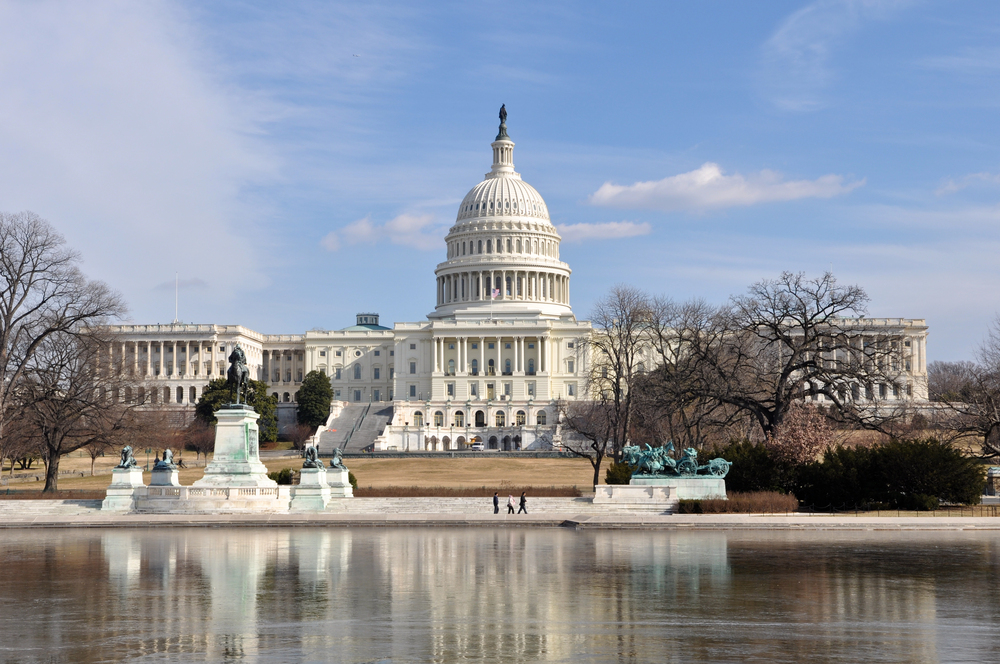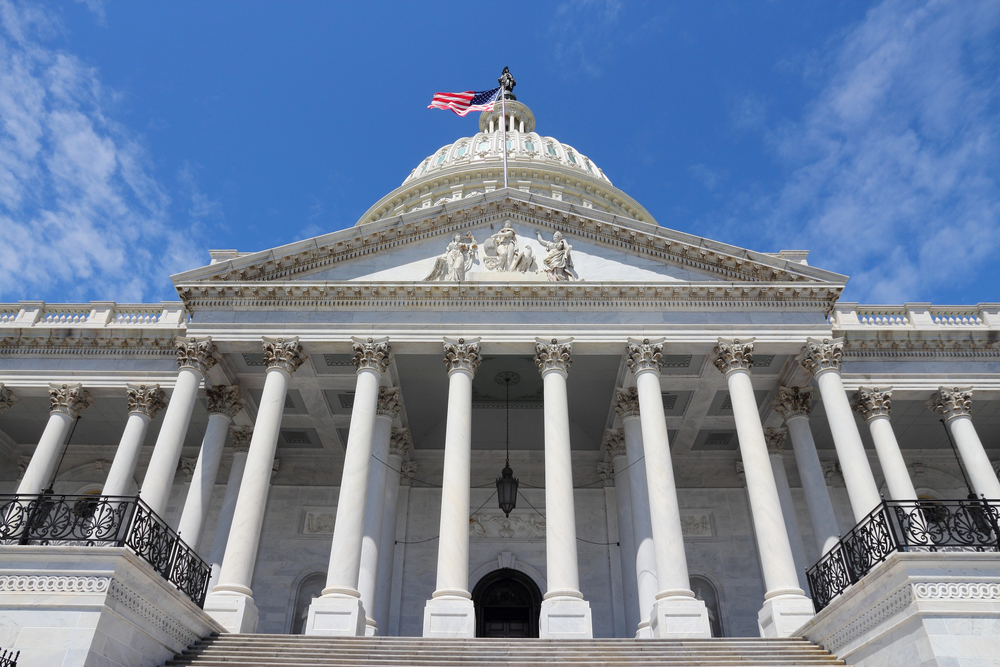House Holds Hearing on Terrorism Insurance Reauthorization

On Wednesday, the U.S. House Financial Services Committee held a hearing on reauthorizing the Terrorism Risk Insurance Act (TRIA). The program is currently scheduled to expire on Dec. 31, 2027.
Since its initial enactment, TRIA has undergone four additional reauthorizations—in 2005, 2007, 2015 and 2019—with many reforms to protect taxpayers and increase private-sector involvement. Congress created TRIA after 9/11 to establish a system for sharing public and private compensation for insured losses from certified acts of terrorism. The Big “I” applauds the committee for being proactive and supports a clean reauthorization as soon as possible.

📅Webinar: master Online Reviews with Lift Local
FEB 10 10:30 aM
The hearing examined TRIA’s importance and effectiveness since its enactment. Witnesses included Baird Webel, a specialist in financial economics at the Congressional Research Service; Elizabeth Heck, chairman, president and CEO of the Greater New York Insurance Companies representing the National Association of Mutual Insurance Companies; Michelle Sartain, president of Marsh U.S. and Canada; Jason Schupp, founder and managing member of the Centers for Better Insurance; and Andrew Mais, commissioner of the Connecticut Insurance Department, speaking on behalf of the National Association of Insurance Commissioners (NAIC).
Collectively, the witnesses emphasized that reauthorizing TRIA in advance of its scheduled 2027 expiration is essential to preserve market confidence and avoid disruptions for businesses that depend on terrorism risk coverage.
At the beginning of the hearing, Chairman Mike Flood (R-Nebraska) and Ranking Member Emanuel Cleaver (D-Missouri) both recognized the effectiveness and importance of the program. While acknowledging the importance of this program, Chairman French Hill (R-Arkansas) also made clear that he wanted to enhance operations to protect the economy better and strengthen national security.
The Big “I” urges Congress to act well in advance of the 2027 deadline and reauthorize a long-term, clean extension of this important program.
Corey Miller is Big “I” director of federal government affairs.








